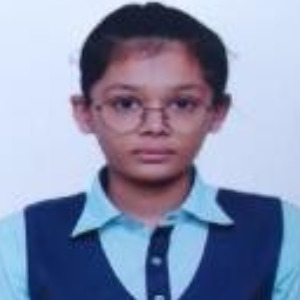Title : Integrating indigenous ethnomedicine and ayurvedic principles for holistic community healthcare: A knowledge-based review
Abstract:
Traditional medical systems have long served as the backbone of global healthcare,offering natural, culturally rooted, and preventive healing approaches. Amongthem, Ayurveda and indigenous ethnomedicinal traditions represent deeply interconnected knowledge systems shaped by environmental experience, seasonal living, and community-based healthcare practices. In rural and tribal regions of India, local herbal wisdom continues to serve as the primary source of treatment for common ailments, digestive issues, wounds, fevers and seasonal disorders, reflecting a living heritage of natural medicine. However, despite its continued real-world value, much of this knowledge remains scattered, undocumented and insufficiently integrated into modern academic and public health frameworks. Growing global interest in holistic wellness and preventive medicine now offers an opportunity to bridge classical Ayurvedic principles with folk healing knowledge to strengthen low-cost and culturally aligned health models. This narrative review explored classical Ayurvedic texts, ethnobotanical studies, rural folk remedies, and contemporary research to identify shared concepts and therapeutic relevance. Findings reveal strong convergence between Ayurvedic principles such as Rasayana, Dinacharya, Ritucharya and Kritanna Varga and indigenous ethnomedicinal practices including the use of Tulsi, Neem, Amla, Turmeric, Ginger and regional herbs for immune support, digestion, wound care, inflammation and metabolic balance. Traditional preparations like decoctions, fermented beverages, spice-based home remedies, and oil applications align closely with Ayurvedic concepts of enhancing Agni, balancing Doshas and promoting Ojas. These practices demonstrate significant antimicrobial, antioxidant and immunomodulatory potential as supported by classical literature and modern scientific evidence. Integrating scientifically validated traditional knowledge into community health programs may promote accessible preventive care, reduce dependency on expensive treatment, and empower local wellness practices. At the same time, preserving and documenting indigenous knowledge is crucial to protect cultural health heritage and ensure future research continuity. Ayurveda and ethnomedicine, when understood synergistically, offer a sustainable and holistic model for modern health challenges. The future of healthcare lies in strengthening ancient wisdom through structured research, clinical validation, and community education, enabling time-tested natural therapies to complement public health systems and contribute to global wellness.



